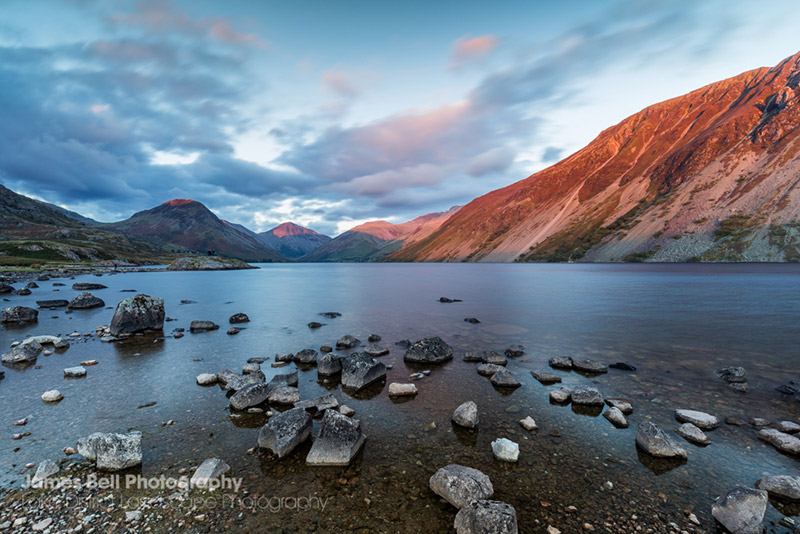
James Bell is a landscape photographer specializing in the Lake District. His book Capture Lakeland is a collection of photos from locations throughout the lake district. James has kindly agreed to do an interview for us, so I hope you enjoy getting to know more about him and his work.
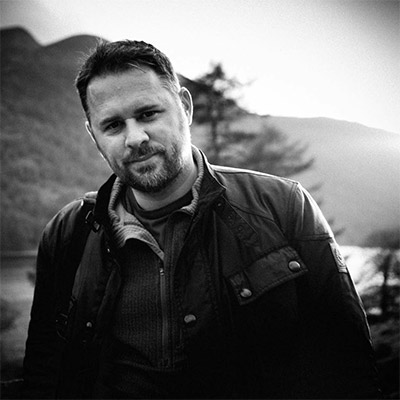
Can you tell us a little bit about yourself and how you got started in photography?
My name is James Bell, I’m a Landscape Photographer and have just self published my first book Capture Lakeland. I got started in Landscape Photography in my late teens early twenties. I grew up in the English Lake District where I lived until I was 21 and graduated from university. It was then I moved away from the Lake District to pursue a career as a product design engineer in Liverpool, UK.
As part of my move away I was reminded of what I had at home and had taken for granted all my life. The natural beauty of the country side but in particular the Lakes and fells that make the English Lake District. Now a UNESCO world heritage site. I returned home every weekend and took all my holidays there.
I have always been into photography since I was 11 years old and my parents bought me my first camera an Olympus AM-100 for a school trip to France. Ironically I have just this last month put a pair of batteries and film in that camera after it’s been in my desk drawer for 28 years and it works a treat. I’m hoping to develop my first film from that this week.
My intention of getting into landscape photography was to connect more with the place I felt I belonged but also to remind myself of the strong emotional feelings I felt for this place during the week when I was sat in my one bedroom flat in a city I didn’t want to be in to be totally honest. It was moving away that brought me closer to the Landscape.
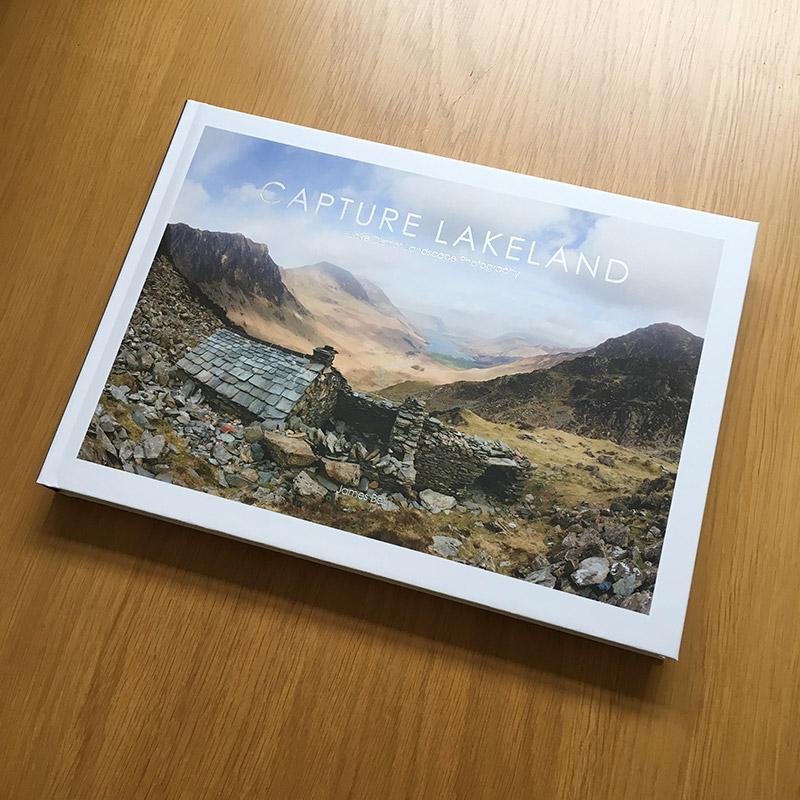
You’ve chosen to specialize in landscapes from the Lake District. What advantages do you see to specializing rather than taking a generalized approach?
The simple answer is because it’s on my doorstep and I know it intimately. I do however visit the West Coast of Scotland regularly and really enjoy a different landscape and approach. In the Lake District however I’m constantly challenged to find new perspectives. New scenes. New images. It’s a relatively small place, I spend so much time here my challenge now is to get below the surface. Unlike my fleeting visits to Scotland jumping from one beauty spot to another the Lake District for me these days is a challenge to find something new. To push myself creatively and ultimately connect more with the Landscape rather than just snap away at postcard type scenes.
I think once the main hot spots are covered, you’re forced to look deeper challenge yourself further and generally seek out images to keep yourself interested. There is however something quite satisfying about knowing a place or a region really well. Having said that with the variety of weather we get here that is the real challenge.
My new book Capture Lakeland possibly wouldn’t have been possible had I of not focused so deeply on the Lake District.
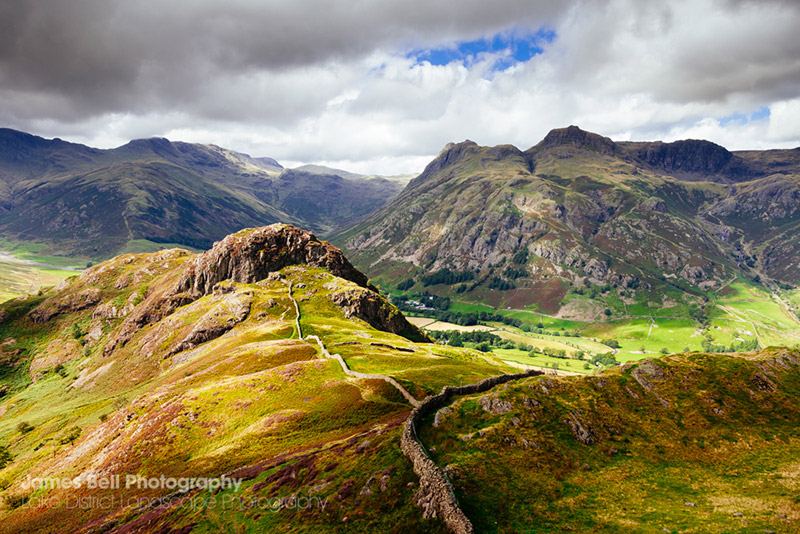
Do you have any advice for other photographers who want to specialize?
Find ways to stay interested. Stick with it and challenge yourself creatively to keep your motivation and excitement for the subject and place. I know other photographers that have spent a year or more focused on one stretch of river. I believe there are many opportunities, many creative challenges for us as landscape photographers. We just have to apply ourselves and focus our attention. What can be learnt about a place through focusing on one area is quite satisfying. Rather than being a passenger that only seems a brief moment of a place. I think a real connection can be made with a place and once you have that connection you naturally create better images.
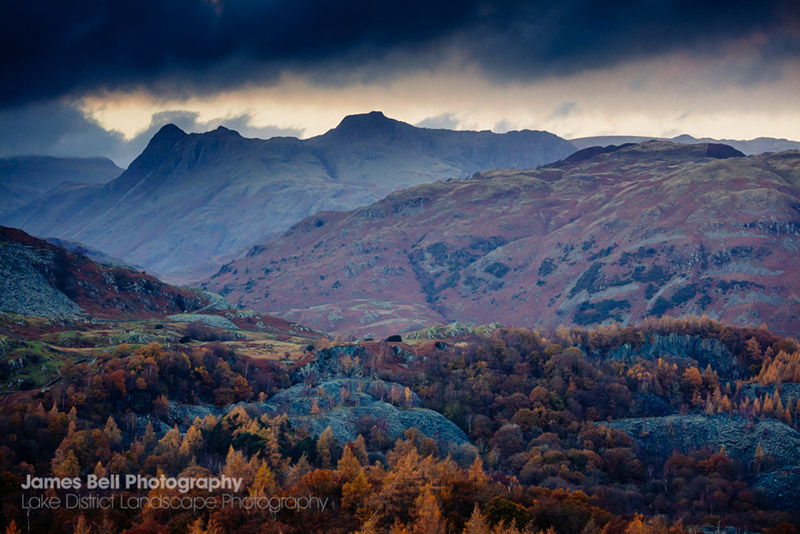
Can you tell us about a few of your favorite spots with the Lake District?
For me I have many favourite places. Places that bring back happy memories as a child or time spent with my children. I would however class Buttermere and Blea Tarn in Langdale as my favourite places. Simply because I seem to keep gravitating back to those places. There is something really quite beautiful about both places but in different ways. Buttermere is a small village in the North west of the Lake District and sits along side Buttermere. It’s not a Lake but a mere as the name suggests. It’s nestled at the bottom on three huge peaks High Crag, High Stile and Red Pike. Collective know as the High Stile Ridge. It is this relationship between the towering fells and the peaceful water below that really make this place special. The scale of the place is something to behold. At the southern end of the Water is what I would class as my favourite place in the world. Looking over Buttermere to the fells opposite of Fleetwith Pike and Haystacks is simply stunning. There is true natural beauty here in such a compact and easily-accessible area.
Blea Tarn in the other hand is a small body of water. A Tarn. It’s surrounded by alpine style trees and has from one point a magnificent view through the trees over the water to the world famous Langdale Pikes in the distance. On a clam day this is truly an oasis. I have been visiting Blea Tarn for over 20 years and I’ve documented it throughout that time. One such video on my YouTube channel shows its development.
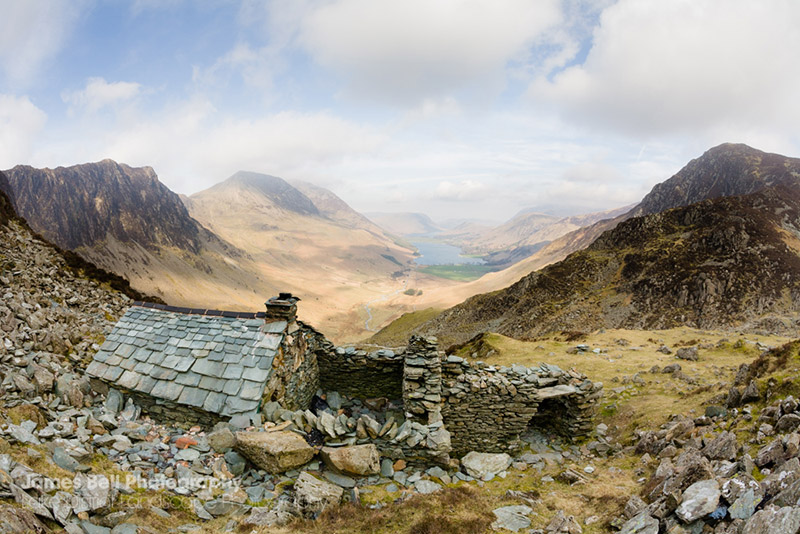
What draws you to landscapes rather than other types of photography or subjects?
I love being outside. Being free. Out in the open. I’m a designer and have a good eye for aesthetics. The appeal of finding something simple in the chaos of nature is a real appeal for me and all this whilst breathing fresh air and getting out there. What’s not to like.
I do enjoy other kinds of photography. I enjoy taking images of my kids and I’ve recently got into street photography but nothing serious. I’m a Landscape Photographer through and trough and like nothing more than taking my time and setting up a composition in the right light at the right time of year.
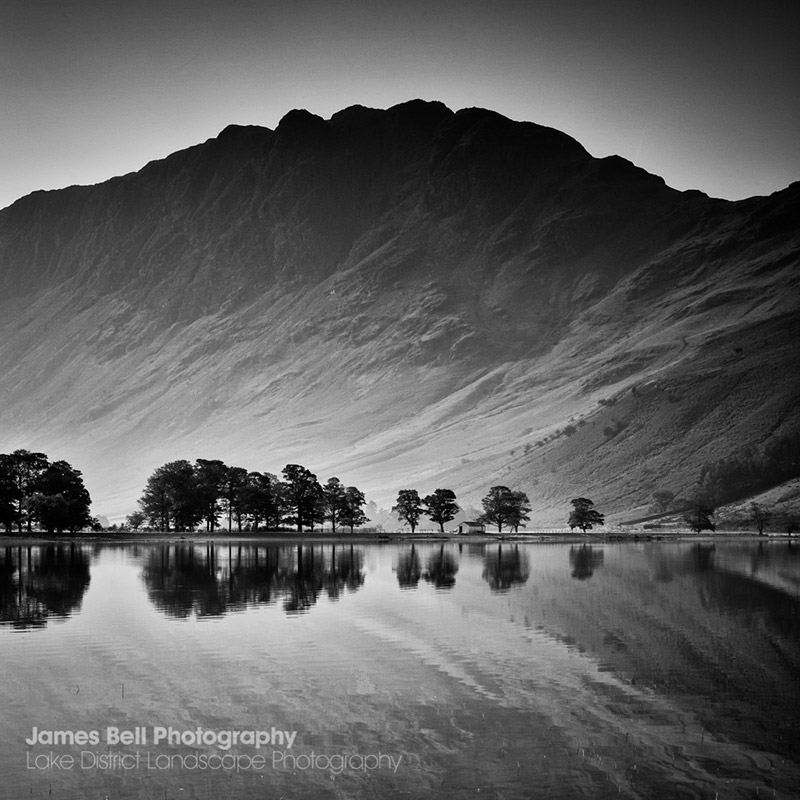
Where do you find inspiration for your work?
Initially I found inspiration by living in a city that was falling down. Being surrounded by derelict houses. Neighbourhoods that just looked run down. With no sense of pride or respect. I hated it. It is that which made me realise how lucky I was to be surrounded by natural beauty at home. It inspired me to get away basically. To focus more on the natural and open spaces of this country. I don’t wish to sound negative or disrespectful and Liverpool has gone through a huge transformation since I first moved there in 1999. It is a beautiful city rich in amazing architecture and friendly people and here are many if not more photographic opportunities there by for me, I just don’t connect with it like I do the Landscape.
These days I find a lot of inspiration from my supporters. Either print buyers or just people who pass kind comments on my Facebook or Instagram posts. My images seem to connect with people and that is very humbling.
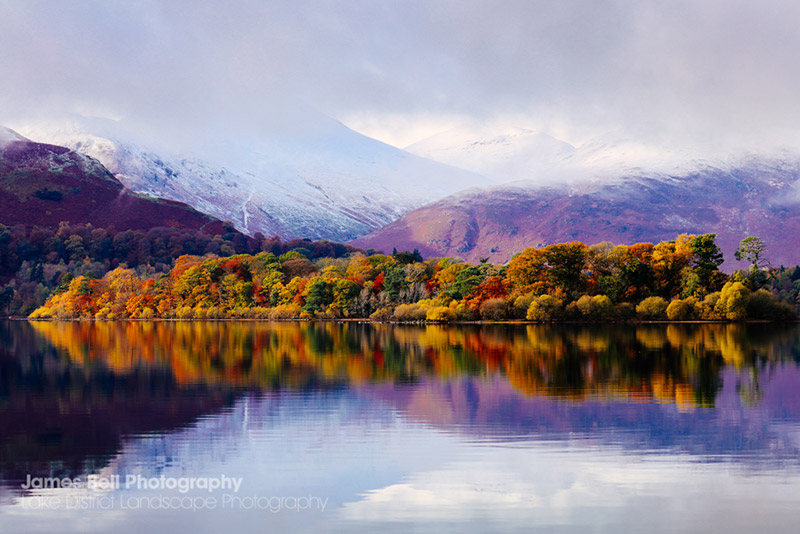
What is the best advice you’ve ever received from another photographer?
Give up and do something else. I love a challenge.

What are the biggest challenges you face in your work as a landscape photographer?
Getting out of bed for sunrises. Working with skies and rain.
But on a serious note I know I am the weakest link in the process. In 2013 I became unwell with glandular fever which put me in hospital. Since then I don’t seem to have been the same person. I have what’s know as ME/CFS. Chronic Fatigue Syndrome which means I lack the physical and mental energy I used to take for granted. In what seems to be a week back in 2013 I went from being a fit and healthy mentally strong intelligent person to being a guy that on some days can’t get it if bed. I have weekends where I won’t leave the house and now in 2017, 4 years later I am almost but not quite accepting of my situation. As the title suggests it’s chronic and has been about the hardest mental challenge I have ever had to face. So I would say my biggest challenge as a photographer as in life is my health. My head wants to be out everyday but my body has other ideas and if I push it I relapse and I’m housebound for weeks. So I adopt a slow and steady approach these days. One that means I have to be really focused on what and where I invest my energy. That is the hardest challenge I face.
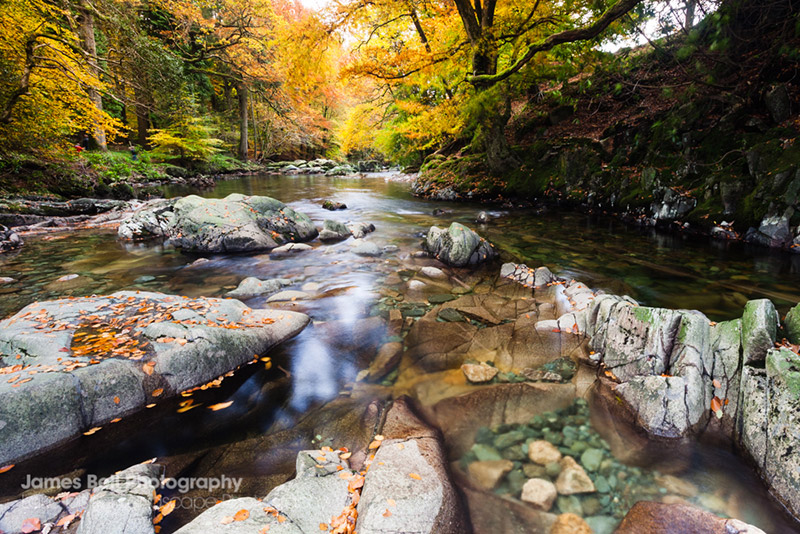
What are some common mistakes that you see new photographers making?
There are no mistakes. Only learning. I’m a great believer in trying and failing but learning from that failure. As is the design engineer in me. We learn how to do something. I’m not going to suggest there is a right or wrong way to go about anything. At the end of the day Landscape Photography is a personal pursuit and one that we ultimately engage in to satisfy ourselves. If you can have a good day out with your camera and you look back on your images with pride, you’re a winner. If you feel frustration then you know you’re meant for this. It is that which will inspire you and push you to keep going. Keep looking and developing. The hardest challenge is within yourself. I’d say just go with it. Let it evolve naturally and ultimately enjoy it. Enjoy your freedom and the privilege of having the energy to invest in something you feel strongly about. There is no right or wrong other than how you apply yourself. If I can get to where I have, anyone can.
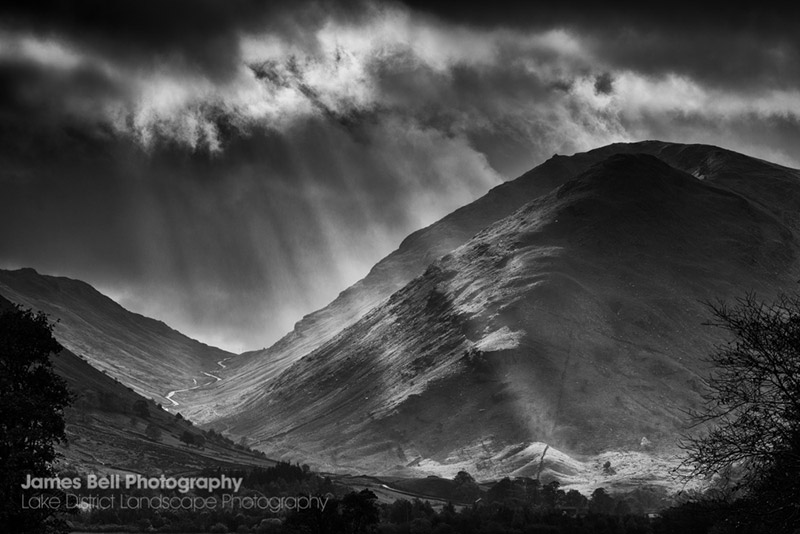
What’s in your camera bag?
I use a a Hasselblad X1D with a 30,45 and 90mm lens. I use Lee filters and a Gitzo tripod all packed away in a Peak Design sling. I find this to be all I need and a great lightweight pack. I don’t need anymore than this and on some days I leave all this at home and take my other setup which is:
A Leica M-D with a Leica Summaron-M 28mm lens. I photographed a week on the Isle of Skye exclusively with this camera and lens which is documented on my blog and YouTube channel. It’s a great setup. Especially not having an LCD. You just shoot and later see how it turned out.
I also use the following. Leica lenses:
- 21mm Super-Elmar
- 35mm Summarit
- 50mm Summarit
- 0mm Shmmilux
- 90mm Summarit
I never use a tripod with the Leica.
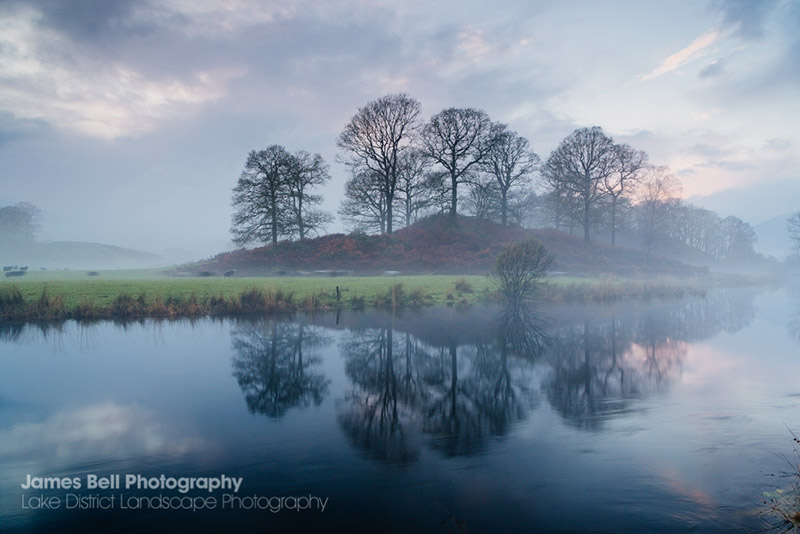
Connect with James:
If you want to get to know more about James or get in touch with him, please use the links below: